Individuals who identify as members of sexual and gender minorities experience increased risk for several mental health issues. For example, LGBTQIA+ identified individuals have a 2 to 6 times higher lifetime risk of suicide and/or depression than the general population. Among trans-identified individuals, the statistics on suicidality are staggering. This increased risk for various mental health conditions in this population is mostly a result of discrimination, marginalization, and homophobia, biphobia and/or transphobia, rather than something inherent to having an LGBTQIA+ identity. Discrimination may take several forms, including social rejection, verbal and physical bullying, and sexual assault, and repeated episodes will likely lead to chronic stress and diminished mental health. Perceived discrimination—the expectation of discrimination—may also lead to diminished mental health. LGBTQIA+ adults may also be subject to discrimination with regards to housing, employment, education, and basic human rights. If you or anyone you know is struggling with gender or sexuality, or facing effects of discrimination because of gender or sexuality, it is time to reach out for help.
Therapy for struggles with gender, sexuality, or discrimination due to gender and sexuality may include exploring gender dysphoria, processing through past trauma and identifying present emotions. Additionally, working on developing coping and communication skills may be relevant to grow your support network and help others understand what you are going through.













